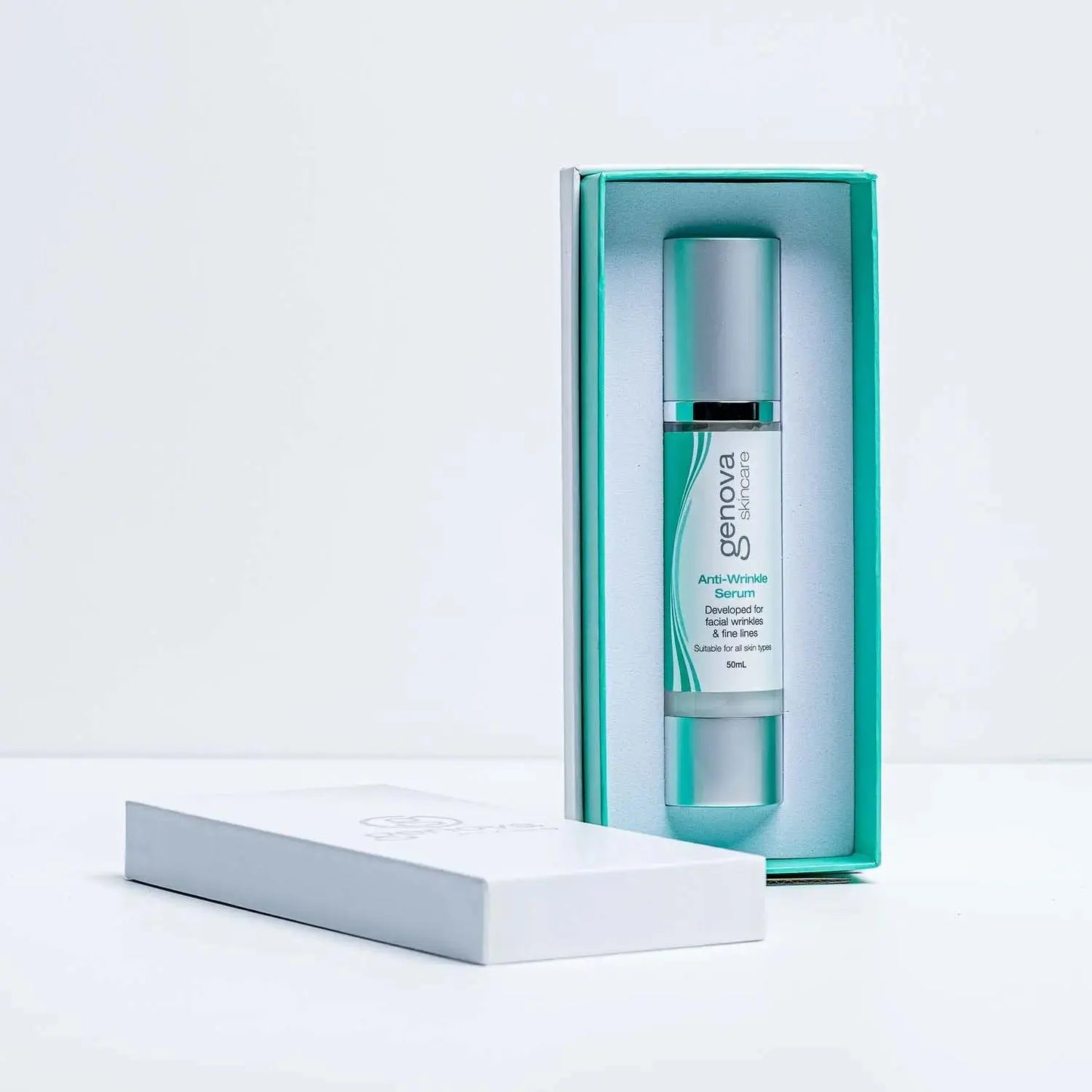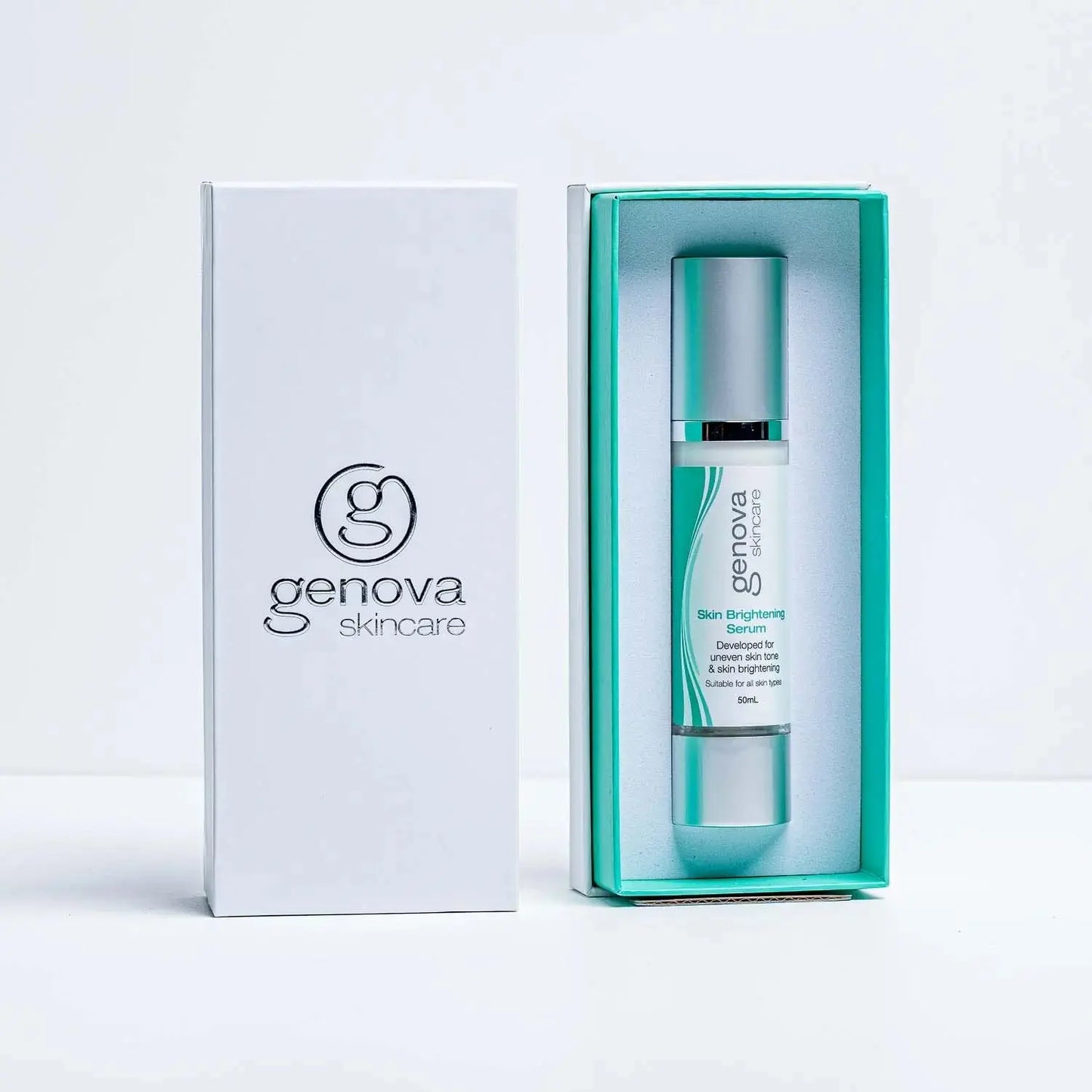Beyond Skincare Products: How Gut Health Supplements Can Restore Menopausal Skin Radiance
The Hidden Connection Between Gut Health and Menopausal Skin
If you’ve been battling persistent skin issues during menopause despite investing in premium topical products, the solution might lie much more profound than your skin’s surface. Growing research suggests the key to restoring that youthful radiance may begin in your gut. This blog explores how gut health supplements can become a powerful ally in your menopausal skincare arsenal.
Hormonal fluctuations during the menopausal transition trigger numerous changes throughout the body, affecting the skin and digestive system. These internal changes can manifest as frustrating external symptoms, such as increased dryness, accelerated wrinkle formation, loss of elasticity, and stubborn inflammation.

Why Your Gut Health Matters More During Menopause
The gut-skin axis – the bidirectional communication pathway between your digestive system and skin – becomes increasingly significant during menopause. Here’s why:
- Declining estrogen levels alter your gut microbiome composition
- Digestive efficiency naturally decreases with age
- Inflammation markers typically increase throughout the body
- Nutrient absorption may become less effective
These factors create the perfect storm for skin concerns that often prove resistant to topical treatments alone. The good news is that supporting your gut health can help address these issues from within.
Key Gut Health Supplements for Menopausal Skin Restoration
1. Targeted Probiotics
Not all probiotics deliver the same skin benefits. Research points to specific strains that show particular promise for menopausal skin concerns:
- Lactobacillus plantarum: May help reduce inflammation and improve skin barrier function
- Lactobacillus rhamnosus: Associated with improved skin elasticity and hydration
- Bifidobacterium longum: Shown to help reduce skin sensitivity and redness
- Lactobacillus acidophilus may help balance gut flora that influences inflammatory skin conditions
When selecting a probiotic supplement, look for formulations with multiple strains, at least 10-15 billion CFUs (colony-forming units), and preferably those targeting women’s health needs.

2. Digestive Enzymes
As we age, our natural enzyme production often declines, potentially affecting how well we break down and absorb nutrients essential for skin health. Supplementing with digestive enzymes can help ensure your body efficiently processes:
- Proteins needed for collagen and elastin production
- Healthy fats required for skin barrier maintenance
- Antioxidants that protect against free radical damage
A comprehensive enzyme supplement containing protease, lipase, amylase, and cellulase can support optimal nutrient absorption for skin health.
3. Collagen Peptides with Gut-Supporting Co-factors
While collagen supplements have gained popularity for skin support, their efficacy depends mainly on gut health. For maximum benefit during menopause:
- Choose hydrolysed collagen peptides for better absorption
- Look for formulations containing vitamin C, which is essential for collagen synthesis
- Consider products that include hyaluronic acid for enhanced hydration
- Prioritise supplements that also contain gut-supporting ingredients like L-glutamine
4. Omega-3 Fatty Acids
These essential fats play a dual role in supporting both gut and skin health during menopause by:
- Reducing inflammation throughout the body
- Supporting gut barrier integrity
- Maintaining skin cell membrane health
- Enhancing skin hydration from within
Menopausal skin can benefit from high-quality fish oil or algae-based omega-3 supplements containing at least 1000mg combined EPA and DHA.
5. Prebiotic Fibres
Prebiotics fuel beneficial gut bacteria, creating a healthy microbiome environment that supports skin health. Consider supplements containing:
- Inulin
- Fructooligosaccharides (FOS)
- Galactooligosaccharides (GOS)
- Resistant starch
These compounds help beneficial bacteria flourish, potentially improving skin hydration, reducing inflammation, and supporting overall skin barrier function.
The Science Behind Gut-Skin Communication
Understanding the Science Behind Gut-Skin Communication
Inflammation Regulation
A balanced gut microbiome helps regulate immune responses throughout the body. During menopause, when inflammation naturally increases, gut health supplements can help maintain this balance, potentially reducing skin redness, sensitivity, and accelerated aging.
Nutrient Absorption Enhancement
Even with a perfect diet, poor gut health can prevent crucial skin-supporting nutrients from reaching their destination. Supplements that support digestive function ensure that vitamins, minerals, and antioxidants are correctly absorbed and utilised for skin repair and maintenance.
Hormone Balance Support
Your gut microbiome influences hormone metabolism, including oestrogen. During menopause, certain beneficial bacteria can help modulate hormone levels through what researchers call the “astrobleme” – the collection of microbes capable of metabolising estrogens. This balance may help mitigate some hormonal skin changes.

Creating Your Gut Health Supplement Regimen for Menopausal Skin
For optimal results, consider these practical implementation strategies:
Start Gradually
Introduce one supplement at a time, allowing 2-3 weeks before adding another. This approach helps you identify which products best benefit your unique needs and reduces the risk of digestive discomfort.
Consider Cycling
Some gut health supplements work best when cycled. For example, you might take probiotics for 8-12 weeks, then pause for 2-4 weeks before resuming. This strategy may prevent your body from becoming dependent on external sources of beneficial bacteria.
Prioritise Quality Over Quantity
Choose pharmaceutical-grade supplements from reputable manufacturers that conduct third-party testing. A few high-quality products are more effective than numerous lower-quality alternatives.
Combine with Supportive Dietary Choices
Supplement your regimen with gut-friendly foods:
- Fermented foods like yoghurt, kefir, and sauerkraut
- Fibre-rich vegetables and fruits
- Polyphenol-rich foods like berries, dark chocolate, and green tea
- Adequate hydration to support digestive function
Realistic Expectations: When Will You See Results?
Patience is essential when addressing skin concerns through gut health. Unlike topical products that may provide immediate cosmetic benefits, gut health supplements typically follow this timeline:
- Weeks 1-2: Possible subtle improvements in digestive comfort
- Weeks 3-4: Initial signs of reduced skin inflammation and improved hydration
- Weeks 6-8: More noticeable improvements in skin texture and resilience
- Months 3-6: Significant changes in overall skin appearance, including improved elasticity and radiance
Conclusion: A Holistic Approach to Menopausal Skin
The journey to radiant skin during menopause requires looking beyond conventional skincare routines. By addressing gut health with targeted supplements, you’re tackling one of the root causes of menopausal skin changes rather than simply managing symptoms. This inside-out approach, combined with quality topical products and healthy lifestyle choices, offers the most comprehensive strategy for maintaining skin vitality throughout the menopausal transition.
This inside-out approach, combined with quality topical products and healthy lifestyle choices, offers the most comprehensive strategy for maintaining skin vitality throughout the menopausal transition.
Remember that individual results vary, and it’s always advisable to consult with a healthcare provider before beginning any new supplement regimen, especially during menopause when your body’s needs are changing. By taking this holistic approach, you’re not just improving your skin—you’re supporting your overall well-being during this significant life transition.
What gut health approaches have you found beneficial for your skin during menopause? We’d love to hear your experiences in the comments below. Sharing your journey can inspire others and contribute to our understanding of menopausal skincare.








